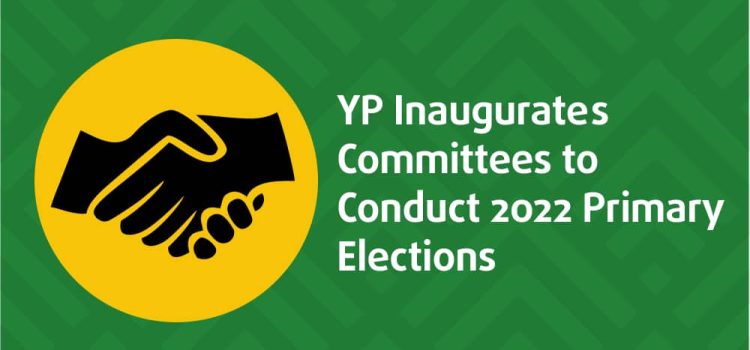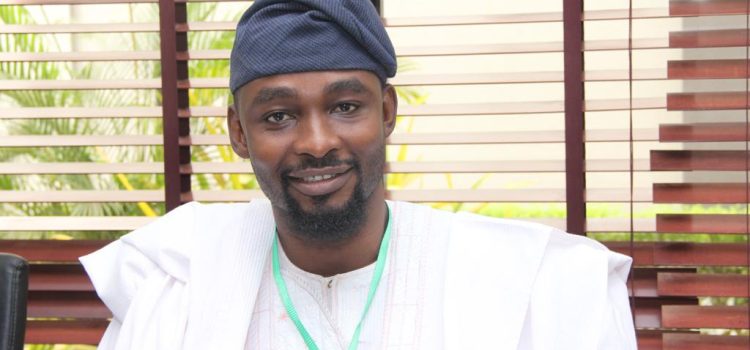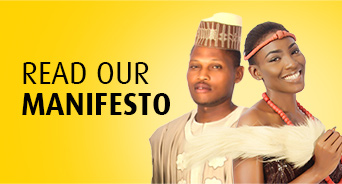….By Ayodele Adio
When people think about authoritarianism, they often imagine a brutal military dictator who is intolerant of dissenting views or civil society. Although this view is mostly right, what they never consider is that democratic governments can also be predisposed to authoritarianism. Authoritarianism in this case, as the Historian, Anne Applebaum, puts it, is anti-pluralist. Iit is suspicious of people with different ideas. It is allergic to fierce debates.” But most profoundly, Ms Applebaum views this predisposition to authoritarianism as a frame of mind and not a set of ideas.
Perhaps, it was this frame of mind that inspired an anti-democratic comment from the chairman of the Senate Committee on INEC, Senator Kabiru Gaya, in October 2019 when he argued that “we need to amend the (Electoral) Act to reduce the political parties to a maximum of five. This committee is really committed to reducing the number of political parties to save taxpayers money.” Beyond the absurdity of a partisan member of the National Assembly proposing to shrink the political space in the interest of taxpayers’ money, is the cognitive dissonance that he demonstrates. Because in reality, the biggest culprits of misappropriation and abuse of taxpayers’ money are politicians who are obese from feeding fat on public funds.
Unfortunately, Senator Gaya’s anti-pluralist disposition is not the exception but the rule. It is a mindset that is shared by a majority of Nigeria’s political elite, amplified by the media houses they control, and legitimised by a litany of civil society organisations that feed on their table. It explains why, in spite of an Appeal Court judgment restraining it otherwise, the Independent National Electoral Commission (INEC), led by Professor Mahmood Yakubu, is deliberately and unconstitutionally excluding the Youth Party from participating in the 2023 general elections. For these political elites, what they cannot control must not be tolerated. Hence, to maintain their hold on power, they are attempting to constrict the political space to deny the remote or likely possibility of the emergence of a credible alternative.
The only way that a political class can maintain its hold on power, after pauperising the middle class, vandalising our value system, vulgarising our institutions, and devaluing the lives of citizens, is to, first, perpetuate a system that stifles the growth of political parties with ideas and a genuine moral compass. The second is to raise the barrier of entry into the political class by monetising the process, such that only those with access to state resources (and their cronies) can contest and win elections. Thirdly, is a calculated effort at state capture, where they control the institutions of restraint and dissent, like the media, civil society, and the judiciary. These elites know that as long as they can hoodwink Nigerians to believe that ‘underperforming’ political parties are to be deregistered, or that the country only needs less than five political parties, their hold on power is mostly assured.
How can smaller political parties ‘perform’ when it is a known fact that State Independent Electoral Commissions are not truly independent? They are led and mostly populated by persons that are openly sympathetic to the ruling political party. Can the media or civil society organisations in Nigeria deny knowledge of this unfortunate subjugation of the people’s electoral will? Or have they simply come to terms with it as the norm? But for the intervention of the Senate, did President Buhari not nominate Lauretta Onochie, a member of his political party, as a Federal Commissioner in INEC? How can small political parties compete when the electoral system has been so monetised that citizens now commodify their votes? And when they tell people to join political parties that can win elections, how do those persons secure nominations when the cost of forms and internal party politicking is priced beyond the reach of 95 per cent of its membership? It’s a complete joke and we must call it out for what it is.
The challenges notwithstanding, we must continue to demand for the expansion of Nigeria’s political space and not allow greedy political elites to shrink it. If we allow a situation where only a particular political class dominates our political system, then we will inadvertently surrender ourselves to political homogeneity – one that favours order over diversity. We will be beating a retreat to an authoritarian disposition, where, as the behavioural economist, Karen Stenner, puts it, the ruling class become intolerant of complexity or libertarian ideals which is the engine that drives democratic systems.
Worth noting, finally, is that political parties are not merely set up to win elections. Political parties are often an organised response of a group of persons to local, regional, or nation realities that threaten their identity, ways of life, or livelihoods. Just like the emergence of the Workers Party in Brazil or the Pirates Party in Europe, set up to defend digital rights, political parties are a reflection of the desires and aspirations of a group of people. Therefore, to deny citizens the right to form and grow political parties is to deny such persons the right to project and defend a group interest. There is nothing more authoritarian and undemocratic that a systematic suppression of a people’s desires, realities, and aspirations.













